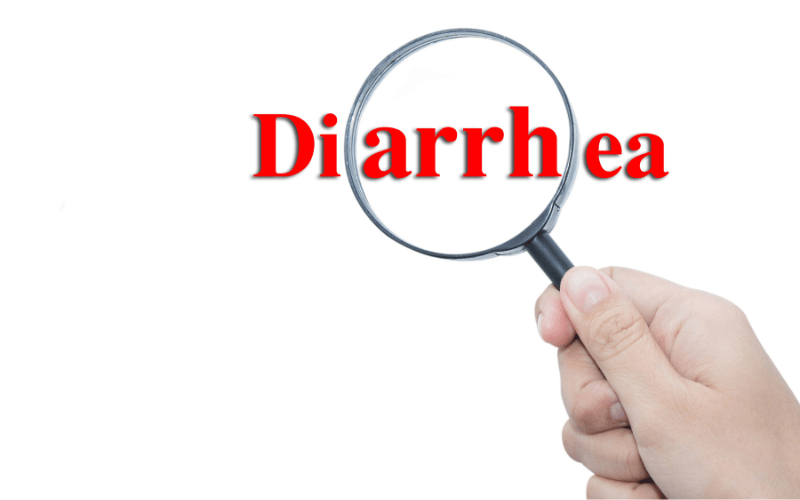9. Chronic Diarrhea: An Indirect Symptom of Gallstones

Chronic diarrhea, defined as having loose stools for an extended period, can be an indirect symptom of gallstones, particularly when other common symptoms are present. Gallstones can affect the normal digestive process by obstructing the flow of bile, which is essential for fat digestion. This disruption can lead to diarrhea, as undigested fats can cause the intestines to secrete more water, leading to looser stools.
The connection between gallstones and chronic diarrhea is not always straightforward, as diarrhea can result from various causes. However, when it occurs in conjunction with symptoms like abdominal pain, bloating, or jaundice, gallstones become a more likely culprit. This symptom is particularly significant if it persists over a long period and does not respond to standard dietary changes or over-the-counter remedies.
Chronic diarrhea in the context of gallstones is intriguing because it highlights the complexity of the body’s digestive processes. Bile plays a crucial role in breaking down and absorbing fats, and when its flow is hindered, the entire digestive process can be thrown off balance, leading to symptoms like diarrhea.
This symptom can have a significant impact on an individual’s quality of life, causing discomfort, inconvenience, and anxiety. Persistent diarrhea can also lead to dehydration and nutrient deficiencies, making it a health concern that extends beyond mere discomfort.
Recognizing chronic diarrhea as a potential symptom of gallstones is important for comprehensive health management. While it may not be the most direct symptom, its persistence, especially in conjunction with other gallstone-related signs, should prompt a consideration of gallstones as a possible underlying cause. (9)